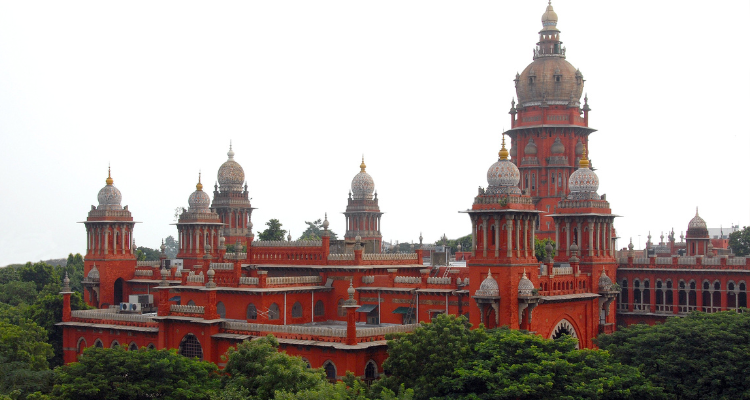
The Madras High Court on Wednesday instructed Chief Minister M K Stalin and several DMK MLAs to respond to the show cause notices issued by the Privilege Committee in 2017.
These notices were related to their display of banned gutkha sachets in the Tamil Nadu Assembly while they were in opposition, highlighting their availability during the AIADMK regime.
A division bench, comprising Justices S M Subramaniam and C Kumarappan, overturned a previous single judge’s order that had dismissed the Privilege Committee’s show cause notices. The bench directed, “The Secretary of Tamil Nadu Legislative Assembly, the Speaker of Tamil Nadu Legislative Assembly, and the Privilege Committee of Tamil Nadu Legislative Assembly shall proceed with the show cause notice (SCN) issued to the contesting respondents, by following the due process under the Tamil Nadu Legislative Assembly Rules and take final decision on merits and in accordance with law as expeditiously as possible.”
The court emphasized that the Privilege Committee’s powers, as well as those of the Speaker, do not lapse with a change in government. The disciplinary actions related to the assembly’s affairs must be concluded following the proper procedures outlined in the Tamil Nadu Legislative Assembly Rules.
The bench asserted that the assembly’s authority, as established by the Indian Constitution, must be upheld. Any issues of privilege breaches need to be addressed thoroughly, regardless of government changes. The court maintained that, “it is we the people of India who constituted the Assembly under the Indian Constitution. The assembly proceedings are to be conducted in the manner prescribed. Actions initiated must be concluded by following the procedures as stipulated under the rules.”
The court also stated that breaches of privilege should not be dismissed after each assembly dissolution. The Privilege Committee must deliberate on such issues to maintain the assembly’s integrity, representing the people of Tamil Nadu. The internal conduct and sovereignty of the assembly must be respected and upheld according to the established rules and the Constitution of India.
Furthermore, the court highlighted the importance of legislative privileges, allowing members to perform their duties without undue interference. These privileges are vital for the smooth functioning of the legislative assembly and must be protected to ensure the assembly operates in the people’s best interest.
Lastly, the bench dismissed the argument that breaches of privilege lapse with the dissolution of the assembly. Such breaches should be carried forward to the new Committee of Privileges, ensuring continuity and accountability. The court warned against allowing privileges to be taken lightly, which could lead to repeated breaches and undermine the assembly’s purpose.




